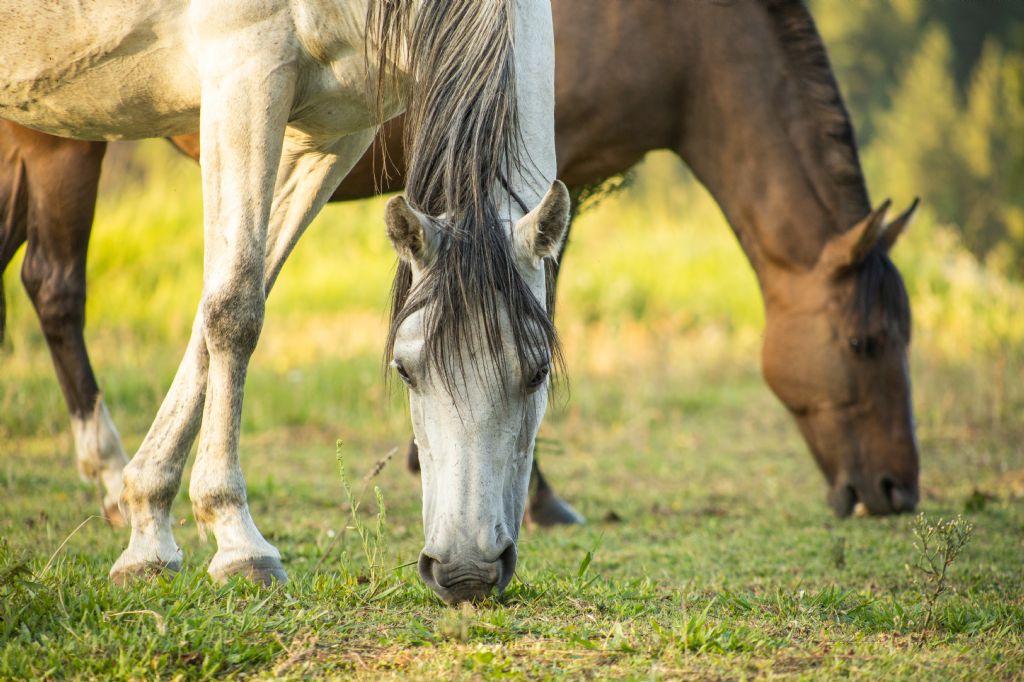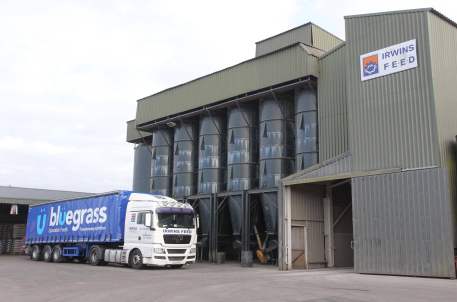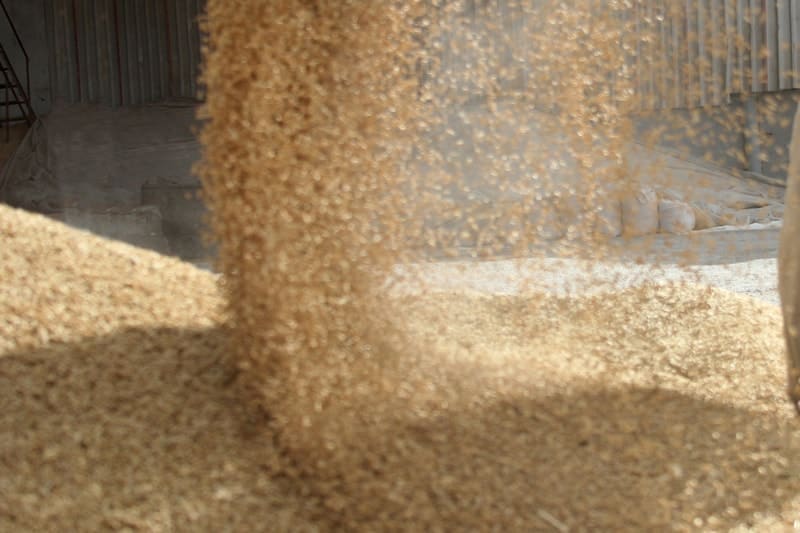Bluegrass News
Achieving optimal growth and development in young horses can be a balancing act. Nutritional influence has taken a larger role in breeder and owner management practises of young horses in recent years, with research highlighting the link between nutrition and developmental disorders.
Energy Content
Achieving a slow steady growth can be difficult depending on the breed, genetics, nutritional influence of the mare during pregnancy, management practices and environmental impacts. High energy diets have been linked to an increased risk of skeletal disorders such as developmental orthopaedic disorders (DOD). These energy sources can be provided through high-quality forage and high cereal fortified feeds. When choosing a feed product for your young horse it is vital that the whole diet is considered. Soil and forage analysis are helpful tools when developing an appropriate diet to best suit your individual horses and yard requirements.
High cereal diets also pose the risk of Equine Gastric Ulcer Syndrome (EGUS) in young horses. Moore- Coyle et al 2020, found a similar average daily gain in thoroughbred foals on high fibre vs high cereal diets. They also found the high fibre diets helped to maintain higher pH and lower lactate levels, ultimately helping to support gut health.
From a young age, foals will start to nibble at forage and mares feed, however, their digestive tract is still developing. The low enzymatic activity restricts their ability to digest cereals (non-structural carbohydrates) and the development of the gut microbiome restricts their ability to digest forage (structural carbohydrates).
Calcium and Phosphorous
These important macro-minerals are essential for bone development. Calcium makes up 80-90% of bones and teeth, and deficiencies can lead to rickets or enlarged joints. The ratio of calcium and phosphorus in the diet is important and has been recently revised to 1.5-2 : 1.
Fortified feeds specifically formulated for breeding and young stock such as Bluegrass Stud Mix/ cube or Foal and Yearling Mix, will supply adequate levels of calcium and phosphorous.
Copper and Zinc
Copper and Zinc are micro-minerals essential for bone, joint and collagen formation. Insufficient levels in the diet of the mare during pregnancy can increase the risk of DOD in the foal. Forage and grass do not supply enough on their own and so a suitable fortified feed or balancer such as Stamm 30 should be provided.
Vitamin A and D
Vitamin A is important for bone formation and vitamin D is also required for normal bone mineralisation. There are usually adequate levels provided in grass and from natural sun exposure, however, horses stabled for long periods or rugged may require additional supplementation.
Body Condition Scoring and Nutritional Support
Body condition scoring is a helpful tool and when used in conjunction with weight and height measurements they can help monitor appropriate growth and development.
Working with a nutritional advisor is a great way to understand the entire diet and help to ensure a balanced and appropriate diet is being supplied. Bluegrass Horse Feed nutritional advisors are available for consultations on the Bluegrass Stud Range and assessment of the best diet to suit your individual horses and yard. Bluegrass Horse Feed also provide a free Kentucky Equine Research software called GroTrac that helps to monitor the growth of your foals compared to foals across the world.












